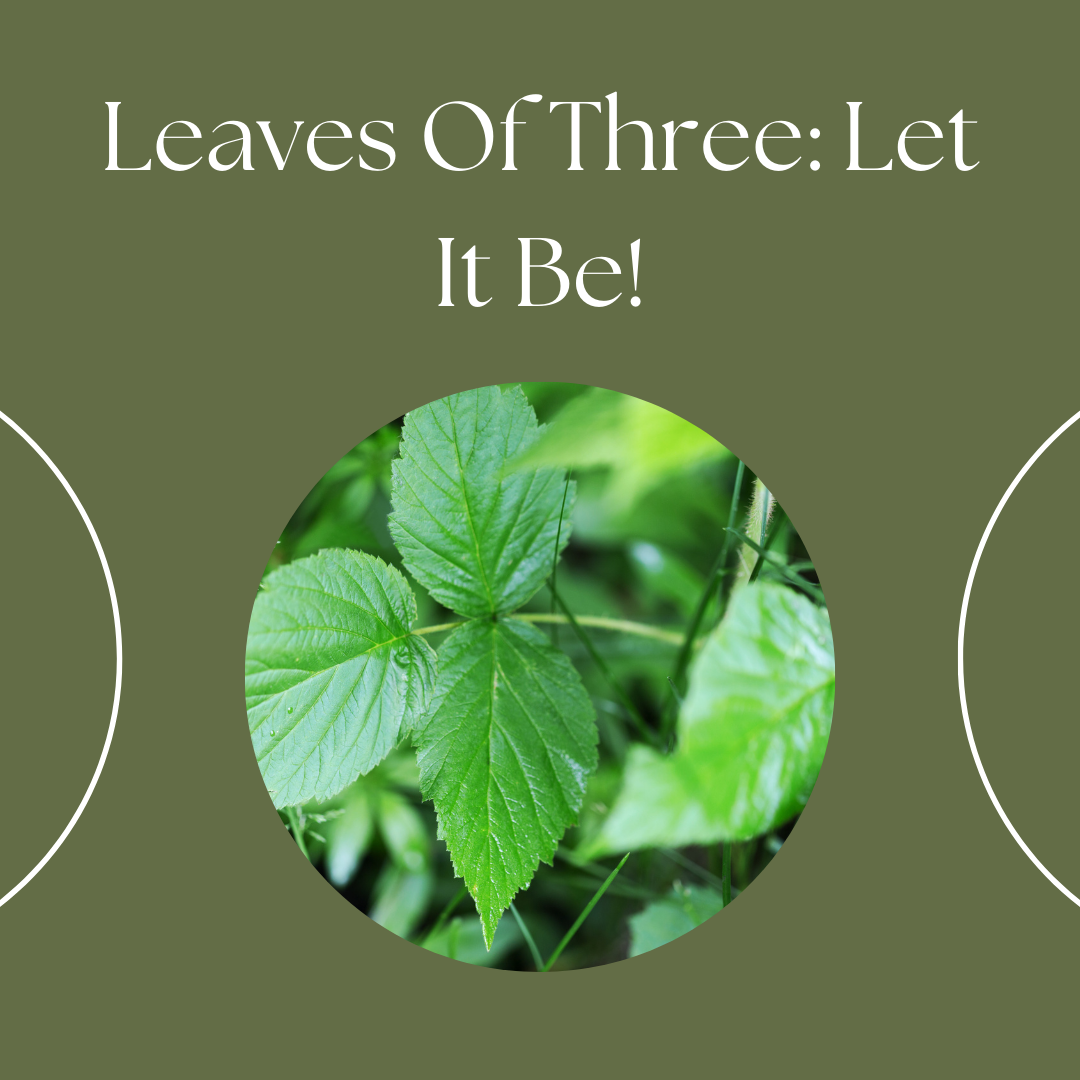
Don’t Let Poison Ivy Ruin Your Day: What You Need to Know
Spending time outdoors is a great way to unwind, but a brush with poison ivy can turn a peaceful walk into an itchy nightmare. This common plant is known for causing skin irritation, and while it’s usually more of a nuisance than a danger, knowing how to identify, treat, and prevent poison ivy exposure can save you a lot of discomfort.
What Is Poison Ivy?
Poison ivy is a plant that contains urushiol, an oily resin found in its leaves, stems, and roots.
How to Identify Poison Ivy
The old saying "Leaves of three, let it be" is a good rule of thumb. Poison ivy typically:
• Has three pointed leaflets per stem
• May have shiny leaves, with smooth or slightly toothed edges
• Can grow as a shrub or climbing vine
• Changes color with the seasons—green in summer, red/orange in fall
Common Symptoms of Poison Ivy Rash
Symptoms usually appear within 12–48 hours after contact and may include:
• Redness and itching
• Swelling
• Blistering
• Streaky or patchy rash at the site of contact
When to See Urgent Care
While most cases resolve on their own, you should seek medical attention if:
• The rash is widespread or near sensitive areas like the eyes or face
• Blisters are oozing or show signs of infection (like yellow crusting or increased pain)
• You experience difficulty breathing (which could indicate an internal reaction from inhaling smoke from burning poison ivy)
• Home remedies aren’t providing relief after several days
If you find yourself dealing with a stubborn or severe poison ivy rash, Family First Urgent Care is here to help. Our experienced medical team can evaluate your symptoms and provide effective relief through prescription-strength creams, oral steroids, or antihistamines. With convenient walk-in care and on-site treatment available 7 days a week, we’ll help you get the relief you need—so you can get back to feeling comfortable and enjoying the outdoors again.
